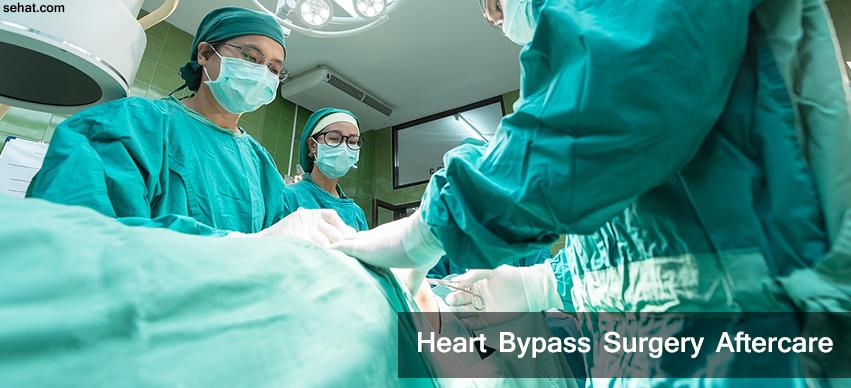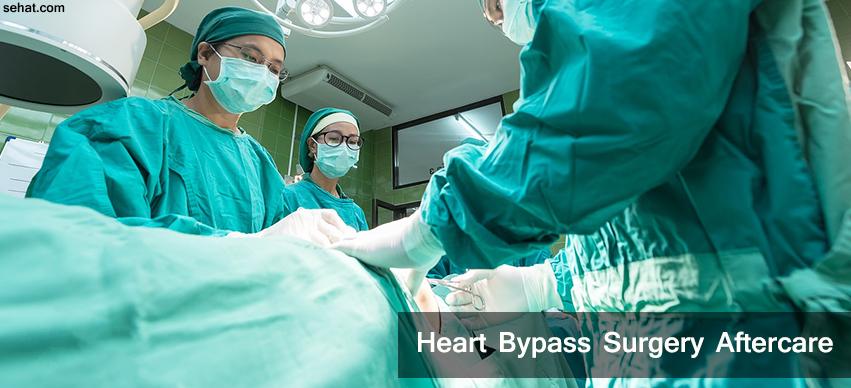Nanoparticle Therapy – An Emerging Cancer Treatment
5 Min Read


When you open your eyes after a heart bypass surgery, you will find yourself in the intensive care unit (ICU) where you have been brought in for recovery. A specialized team of cardiothoracic doctors and nurses are here to take care of you and ensure that you recover quickly and safely. The cardiothoracic team who were responsible for your surgery follows up on your progress in the ICU.
The ICU is specially equipped to monitor all your vital signs. You will come out of anesthesia only 3-4 hours after your surgery. In the ICU, you will find yourself surrounded by a host of equipment, monitors, and digital meters. You will see that a number of tubes are connected to you - most of these tubes will be removed in a day.
You will receive your medication through intravenous or IV tubes which will be closely monitored. An endotracheal or breathing tube, connected to a respirator, is inserted through your mouth which will help you breathe when you are asleep.
Don't worry if you feel cold and shiver after you are brought into the ICU - it's normal. When you come to, you will feel quite thirsty due to the medications you have received during your surgery. But, during your stay in the ICU, you will have to restrict your intake.
When you are lying on your bed, you can improve blood circulation to your legs by slightly moving or changing your position. Wriggling your toes will also help.
Only one or two people at a time may visit you right after surgery. Each initial visit may be limited to 5-10 minutes. After the initial visit, your family member may stay for as long as she/he wants during visiting hours.As you are still connected to a breathing tube you will not be able to talk - but you can see and listen to them.
The day after the surgery you can drink clear liquids. You will be allowed to sit up on your bed, and you will be taught breathing and coughing exercises that are extremely important for reducing risk of lung infection or pneumonia.
On the second day after surgery, you will be made to walk 2-3 times. You will find that your appetite has returned and you can eat solid food, but your liquid intake is restricted to 6-8 cups in 24 hours.
You will be moved out of the ICU to the cardiothoracic unit for recuperation and after another 3-4 days you will be allowed to go home.
When you leave the hospital to go home after your surgery, you will be given detailed instructions how to take care of yourself at home. But, since you may not remember all the instructions, ensure that your caretaker is present. The phase of recovery at home may last from 6 to 8 weeks.
You will not find any signs of the previous pain or tightness in your chest observed before your surgery. You will be prescribed a medication for pain relief.
If you had a bypass surgery, you may have pain in your legs. Walking and resuming your daily activities will gradually reduce the pain.
You can gradually resume all your normal activities, but it will take some time for you to lead a completely normal life. Follow your doctor's advice implicitly.
You will have to replace your old lifestyle with a new one. The cardiac rehabilitation program requires you to exercise regularly. It also teaches you new strategies to prevent any further damage to your heart. You can join a cardiac support group with similar problems.
Visit your doctor regularly for follow up review. And, make sure you follow your doctor's instructions precisely.